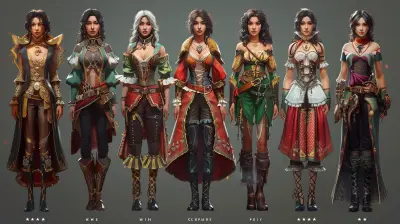Nailing Accents: The Importance of Regional Voices in Gaming
25 October 2025
Have you ever paused a video game just because an NPC's voice felt… off? Maybe their accent didn’t match the setting, or it just felt forced, like someone was trying too hard. Yeah, we’ve all been there. The way characters talk in games can make or break the whole immersion vibe. Accent work might not seem like a big deal at first, but trust me—it’s crucial. In this post, we’re diving deep into why regional voices matter in gaming and how they can take a good game and make it unforgettable.
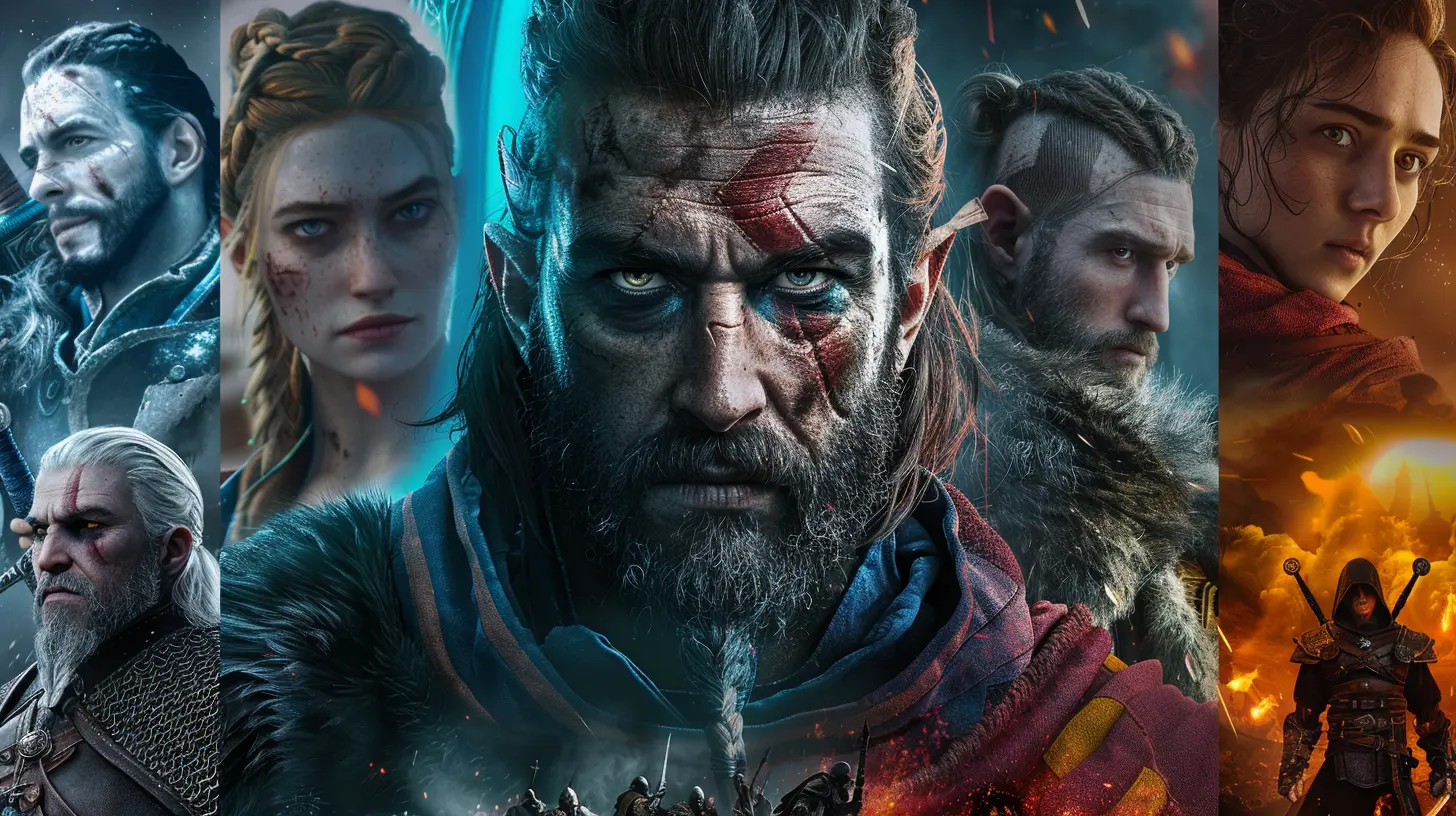
Why Accents Matter in Gaming
Picture this: You’re exploring a medieval village in a game set in Northern England, and the blacksmith starts speaking with a Californian surfer accent. “Yo, dude, need your sword sharpened?” Oof. That’s like getting hit with a lag spike in a boss fight—it completely pulls you out of the experience.Accents and regional voices are about more than just sounding cool; they’re about authenticity. They help ground a game in its world, making it feel alive and believable. Whether it’s the thick Southern drawl in a post-apocalyptic wasteland or the twang of an Appalachian hunter in a survival game, accents serve as cultural anchors. They immerse players in the setting and give characters dimension. Without them? Well, it’s like eating pizza without cheese—it’s just… wrong.
Building Immersive Worlds with Accents
Games are, at their core, about storytelling. And what’s a story without atmosphere? Regional voices play a huge part in setting the tone. Think about games like The Witcher 3. Many of its NPCs speak with distinct Slavic or Eastern European accents, which aligns perfectly with its Polish folklore-inspired setting. Can you imagine Geralt running into someone who sounds like they just walked out of a Brooklyn deli? Yikes.Accents paint a picture without needing to spell everything out. A gruff Scottish brogue instantly makes you think of rugged highlands and stormy coasts. A French lilt? Elegance and charm. By nailing regional voices, developers can communicate so much about a character’s background, social status, and personality without a single line of exposition.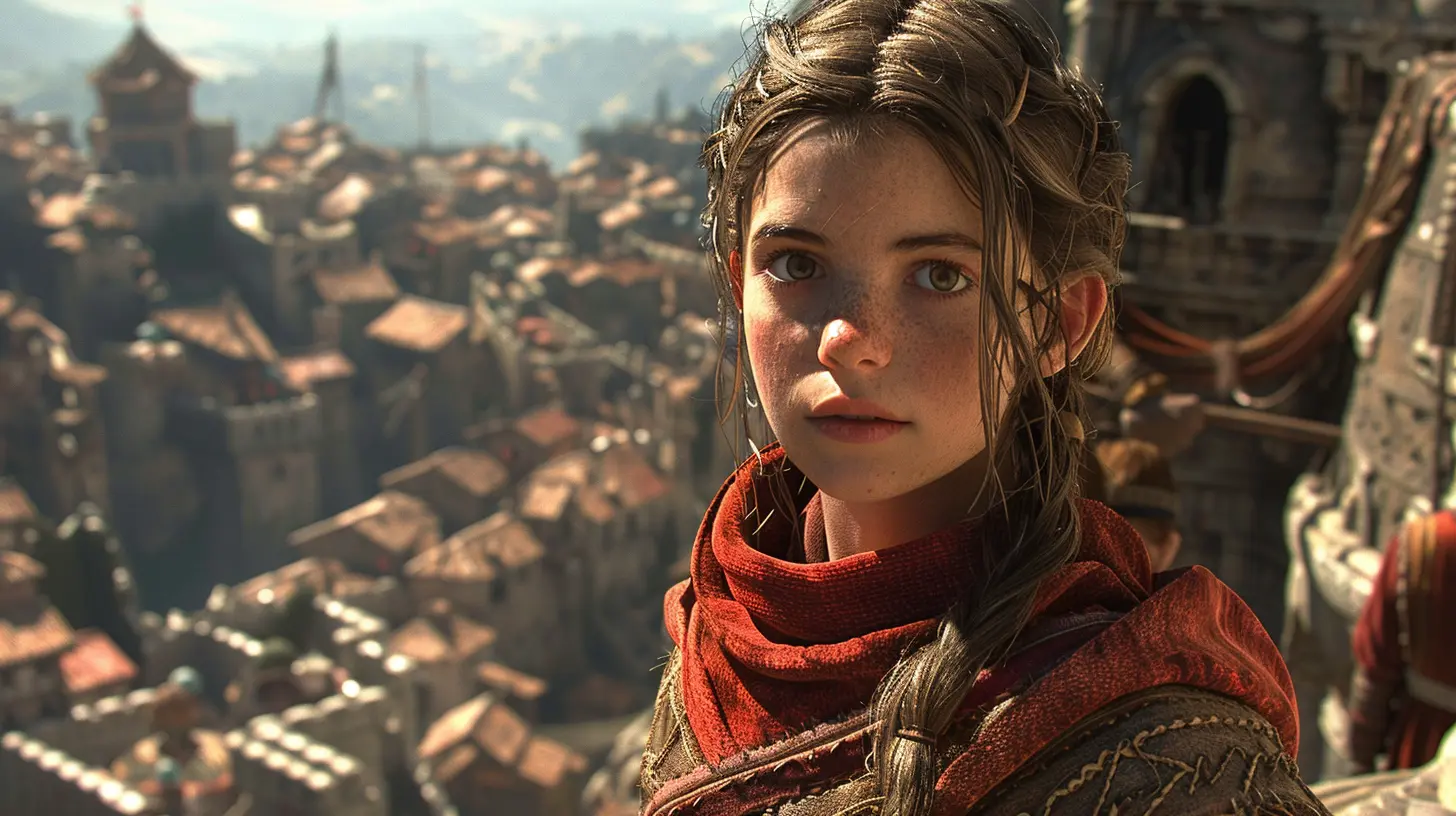
The Good, The Bad, and The Cringeworthy
Not all attempts at accents in gaming are winners, though. Oh no. Some are downright brutal. Let’s talk about the good, the bad, and the “please-make-it-stop” examples.The Good: When Accents Shine
Certain games just nail it. Take Red Dead Redemption 2, for example. Rockstar crushed it when it came to regional voices. Arthur Morgan’s Southern twang feels totally believable, as do the subtle differences in accents among the other characters—whether it’s Dutch’s smooth-talking charisma or Sadie’s grit-and-gravel tone. It’s the kind of detail that draws you in and keeps you hooked.Another fan-favorite example? Assassin’s Creed: Valhalla. The Norse and Saxon voices sound so authentic you can almost feel the icy wind whipping through your speaker. Every accent feels deliberate, adding to the overall immersion.
The Bad: Swing and a Miss
On the flip side, you’ve got games where the accents feel… well, off. A prime example? Final Fantasy X. Don’t get me wrong, it’s a classic, but the random mix of accents from the NPCs in Spira feels wildly inconsistent. Some sound vaguely Australian, others sound American, and then there’s Wakka—whose pseudo-Caribbean accent is a love-it-or-hate-it experience.And then, we’ve got the cringe territory. When developers try to incorporate accents but fall into stereotypes or overdo it, it becomes distracting. A poorly done Irish accent that sounds more like a leprechaun? No, thanks. It’s not just immersion-breaking; it’s borderline offensive.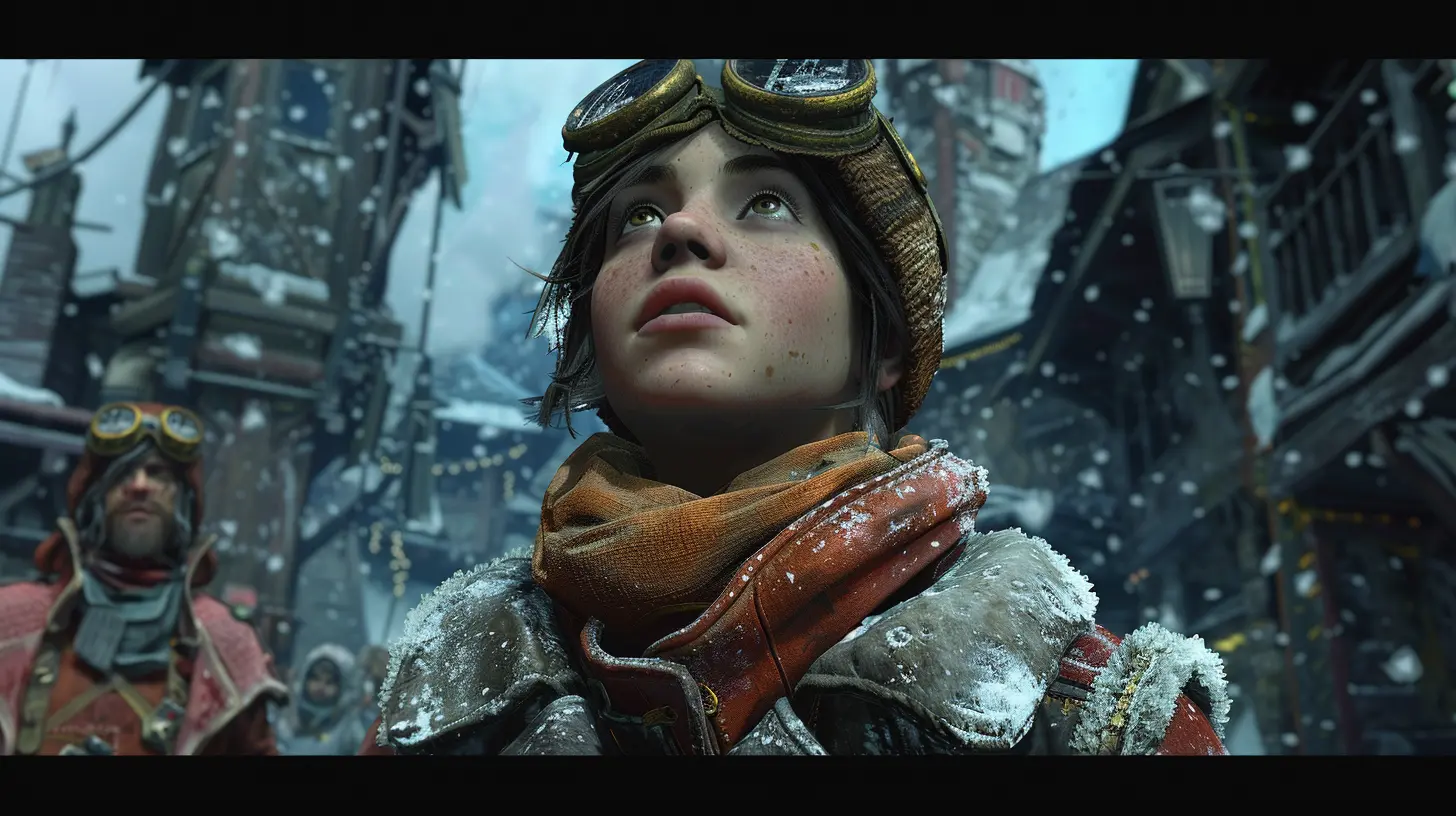
The Challenges of Nailing Accents
So, why do accents sometimes go off the rails? Well, to be fair, it’s not easy. Regional dialects are super nuanced. You can’t just tell a voice actor, “Okay, now sound like you’re from Scotland,” and expect perfection. It takes research, preparation, and sometimes, a good dialect coach.Balancing Authenticity and Accessibility
Here’s the catch: while authenticity is essential, it can’t come at the expense of clarity. A thick Cockney accent might perfectly suit a London gangster in a game, but if players can’t understand what the heck the character’s saying, it’s a problem. Developers often have to strike a balance—keeping a regional voice authentic without turning it into a garbled mess. It’s a tough line to walk.Localization and Its Impact
Another hurdle? Localization. Games are played all over the world, and not everyone speaks the same language or appreciates the same cultural references. What might be a spot-on regional accent to English-speaking players could completely lose its impact (or meaning) once translated. This is why some games rely on neutral, more “generic” accents to play it safe. The problem? That can strip characters of personality and cultural depth.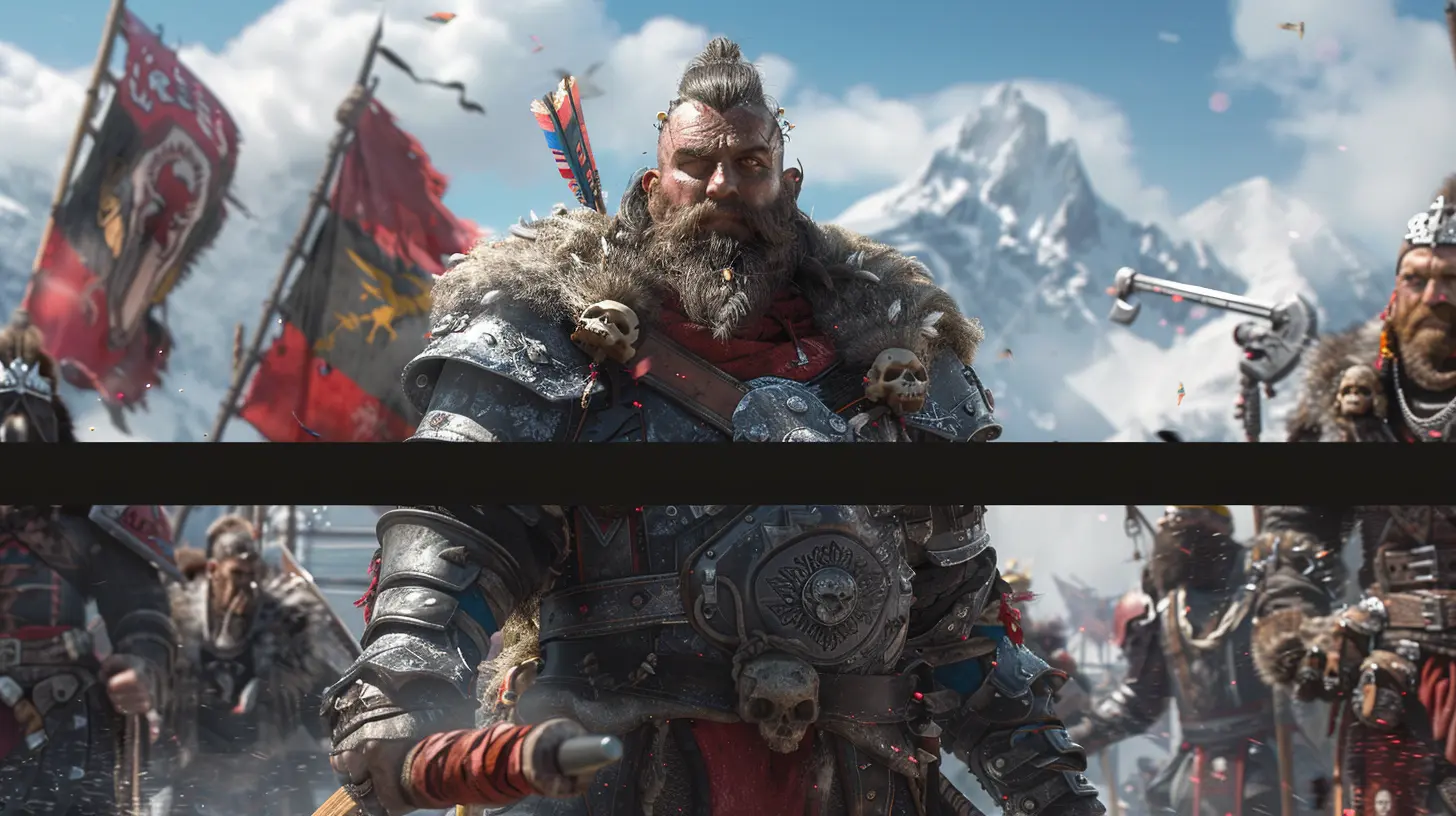
The Role of Voice Actors in Bringing Accents to Life
Let’s take a moment to appreciate the unsung heroes: voice actors. These folks work hard to bring characters to life. Mastering an accent isn’t just about speaking differently; it’s about capturing the essence of a character. A good voice actor studies not just how people from a region speak, but also why they speak that way. There’s a rhythm, a melody, and even emotion tied to regional accents.In games like The Last of Us Part II, the voice work is so authentic that it feels like you’re watching real people. Every character—from Ellie’s subtle American accent to Dina’s softer tone—feels lived-in and true to their backgrounds.
But here’s the kicker: having the right actor for the job matters. If you’re casting someone to voice a Scottish warrior, wouldn’t it make sense to choose someone with direct experience or knowledge of that accent? Authenticity starts at casting.
The Future of Regional Voices in Gaming
As gaming continues to grow as an art form, the demand for authenticity is only going to increase. Players are smarter and more tuned in than ever before. They notice when accents are done right—and when they’re wrong. The good news? Developers seem to be getting better at this.We’re seeing more games consulting linguists, hiring native speakers, and taking cultural authenticity seriously. And thank goodness for that! Because as games become more immersive and story-driven, nailing accents is no longer optional—it’s non-negotiable.
Closing Thoughts
Accents in gaming might feel like a small piece of the puzzle, but they’re one of those details that can make all the difference. When done right, they bring characters and worlds to life in a way that nothing else can. When done wrong, they stick out like a sore thumb—or worse—turn players off completely.So, next time you’re playing a game and marveling at how that NPC totally sounds like your uncle from Yorkshire, take a moment to appreciate the work that went into it. Because behind every flawless accent is a team of talented people who gave it their all. And as players, we’re all the better for it.
all images in this post were generated using AI tools
Category:
Voice Acting In GamesAuthor:

Tayla Warner
Discussion
rate this article
1 comments
Darrow McKittrick
Regional voices enrich the gaming landscape, grounding stories in authenticity and connecting players to diverse cultures. Embracing accents not only enhances immersion but also celebrates our shared humanity—let’s amplify these vital narratives!
October 25, 2025 at 4:47 AM

Tayla Warner
Thank you for your insightful comment! I completely agree—regional voices bring authenticity and depth to gaming, enriching player experiences and fostering cultural connections. Let's continue to champion these narratives!
